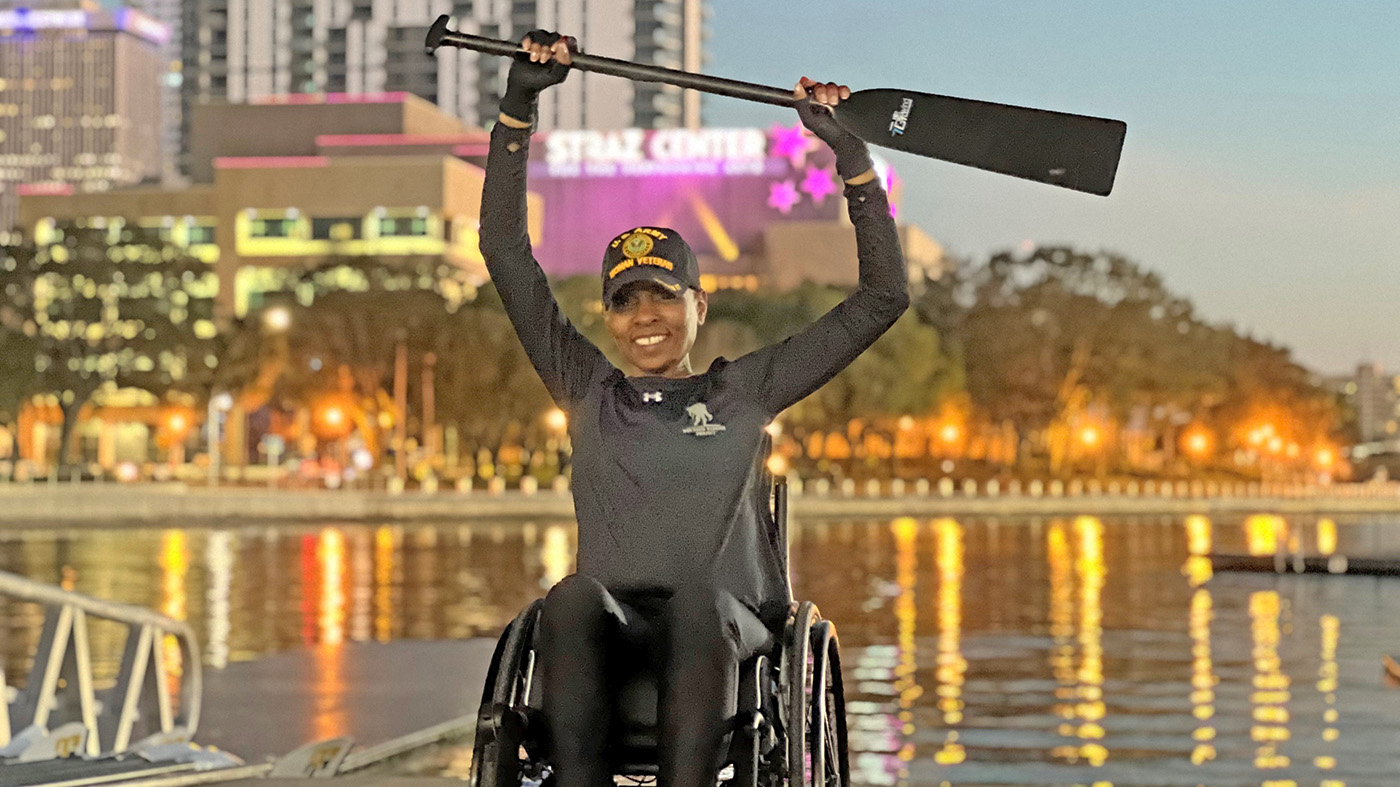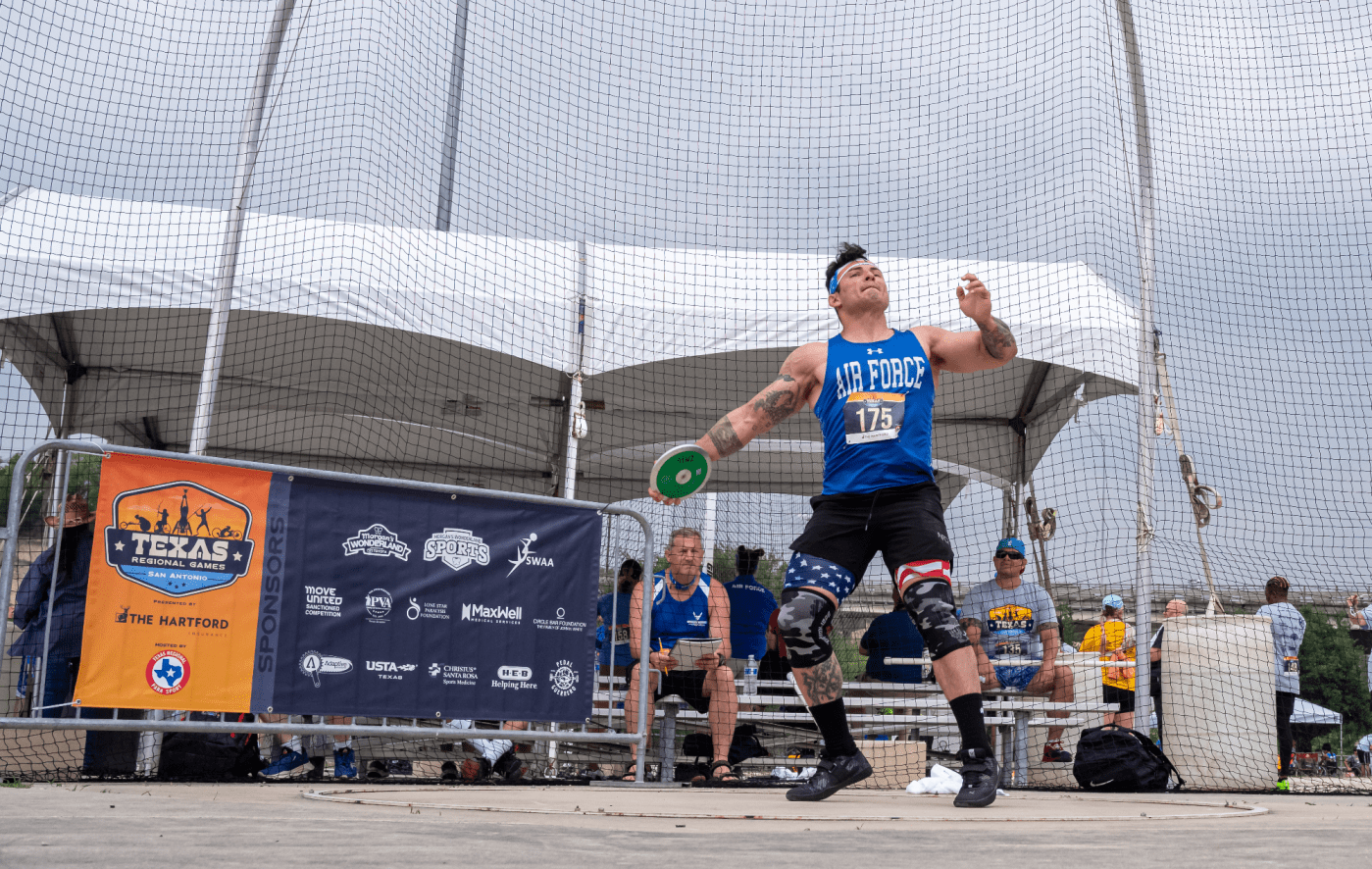PTSD can occur in any individual who has experienced a traumatic event, whether it be through combat, physical or sexual assault, natural disaster or childhood abuse. A Veteran may be diagnosed with PTSD when they’ve been exposed to a traumatic event such as witnessing actual or near death situations, the loss of someone close to them, significant threats to their own or another’s life, and other events that could induce intense fear, helplessness and horror.
Some Veterans attempt to cope with their PTSD through self medication with drugs and alcohol. Prolonged usage of ingesting chemical inebriants can wind up creating more harm in the long run, and a Veteran could develop what is known as a substance abuse disorder. When this occurs, it becomes completely necessary to find treatment that adequately addresses both diagnoses, not just one or the other.
The truth about PTSD/substance abuse disorder frequency for Veterans
Stats from VA’s National Center for PTSD:
- Roughly 20 percent of Veterans seeking treatment for PTSD also have a substance abuse disorder.
- Almost 1 out of every 3 Veterans seeking treatment for substance abuse disorder also has PTSD.
- The number of Veterans who smoke is almost double for those with PTSD.
- In the Iraqi and Afghanistan wars, roughly 10 percent of returning veterans had a problem with alcohol or other drugs.
- Women with PTSD were 2.48 times more likely to meet criteria for alcohol abuse or dependence and 4.46 times more likely to meet criteria for drug use and dependence than women without PTSD.
- Men with PTSD were 2.06 times more likely to meet criteria for alcohol abuse or dependence and 2.97 times more likely to meet criteria for drug use and dependence than women without PTSD.
- The National Vietnam Veterans Readjustment Study found that 74 percent of Vietnam Veterans had comorbid substance abuse disorder and PTSD diagnoses.
- From 2003 to 2013 the number of Veterans with comorbid substance abuse disorder and PTSD in VA care increased more than three-fold.
There is a significant and vital need to advance our understanding and accessibility for treatment of co-occurring PTSD and substance abuse disorder. Approximately 50 percent of individuals seeking treatment for substance abuse disorder nationwide meet the criteria for PTSD, and individuals diagnosed with both disorders have overall poorer treatment results than those without one or the other. Individuals with both disorders also have additional psychiatric and functional problems related to medical, legal, financial and social situations.
Treatment options for Veterans with PTSD/substance abuse disorder
Examining empirical studies has revealed a number of treatment options showing promising results. There is no single approach or program for the treatment of co-occurring PTSD/substance abuse disorder diagnoses, so Veterans should be encouraged to seek help through a number of programs, including primary care and behavioral health as well as any setting such as outpatient, intensive outpatient or residential. The important component of recovery in this instance is that shared decision making occurs between treatment providers and Veterans to determine the best suited path to recovery.
The most promising methods involve some form of clinical assistance and though not always necessary, pharmacotherapy has demonstrated positive results in this field.
Psychotherapy
Multiple studies have demonstrated that structured psychotherapy can create positive outcomes for veterans seeking comorbid treatment for PTSD and substance abuse disorder. Individuals with PTSD and substance abuse disorder can safely engage in and reap benefits from trauma-centered, cognitive behavioral therapies such as prolonged exposure therapy and cognitive processing therapy. Research also shows that patients with substance abuse disorder and PTSD who received cognitive behavioral therapy for both disorders were more likely to reduce their symptoms than patients who only received therapy to address one of those disorders.
Medication assisted treatment
Several studies have found positive results for comorbid treatment involving the use of SSRIs (selective serotonin reuptake inhibitor) in addition to psychotherapy. Using a combination of prolonged exposure therapy and naltrexone was more effective in reducing drinking after residential treatment than either method separately. An important study on the use of benzodiazepines for Veterans with alcohol problems found no evidence of positive outcomes and could potentially create harmful effects.
Next steps for Veterans seeking treatment
There are many different treatment options available if you are seeking treatment for co-occurring PTSD and substance abuse disorder. The first step is to talk with a VA health care professionalor get in contact with a VA PTSD or VA substance abuse disorder program. Fortunately, the VA Uniform Mental Health Services Handbook requires that all VA medical centers provide access to either prolonged exposure and cognitive processing therapy for Veterans with PTSD. It also states that Veterans cannot be denied access to mental health residential treatment programs based on length of abstinence and that opioid replacement therapies such as methadone and buprenorphine also be made available.
Here are resources you can access to begin finding treatment.
- Find a VA PTSD Program
- Find a VA SUD Program
- Find a VA Medical Center
There also drug and alcohol rehab centers around the country that offer advanced cognitive behavioral therapies to treat substance abuse disorders. Call your nearest treatment center to find out what kinds of therapies they offer, and what options are available for you.
Editor’s note: June is PTSD Awareness Month. Join our efforts to spread the word about PTSD and effective treatments during PTSD Awareness Month. Everyone makes a difference. Visit VA’S National Center for PTSD website for more information.
About the author: Matthew Boyle is chief operating officer of Landmark Recovery, a Louisville, Kentucky, based drug and alcohol rehab center. Matthew has been working in the health care space for seven years with a recent emphasis on substance abuse disorder and recovery. He graduated Summa Cum Laude from Duke University in 2011.
Topics in this story
More Stories
Army Veteran Malika Montgomery says one of the things that helped her live her best life with multiple sclerosis was surrounding herself with positive people.
Acknowledging the issues that Veterans face and working toward solutions is crucial for ensuring they have the support they need to thrive in civilian life.
Last year, Move United hosted 26 adaptive sports competitions in 22 states for 1,537 individual athletes. This year, that number is increasing to 35 events in 24 states for even more Veteran athletes.






What do you do when the VA admits it can’t treat your nerves after what they did to you? Like , illegally locking me up in a VA mental ward, the only thing I did was question the findings of a corrupt C&P doctor at the VAMC, she was pawning her work off of a female nurse. A BVA judge on overturning my claim in my favor said this was all illegal.Now, how the hell do I get my 100% service connected nerves treated as the VA is required to do by law?
I also have been dia. with PTSD going back to my date of discharge for my service in Vietnam in 66, this was investigated by the Secret Service and they verified I was there.Why did a C&P psychologist lie and say on a C&P report that bhe couldn’t find any records of me having PTSD, I can find at least 25 medical records going back to 75 with me being dia. with PTSD?
How ridiculous! I’ve battled with the VA, became a guinea pig for all sorts of medications that should have helped me and sometimes did except for when they have you strung out on the pills that they’re giving you and fail to send them to you or to refill your prescription because now you have to make an appointment to see your care provider or else they won’t refill it. some of the drugs that they say You’re supposed to be the miracle and the answer for helping with PTSD and with substance abuse is all kind of bullshit because they’re getting you strung out on some drug anyways. My point being I used to be on Venlafaxine for quite a few years and during that time if I ever had to quit cold turkey because of some mistake either on my part or on the va’s part that is the worst come down of anything I’ve ever tried on the street. I guess I’m just getting pretty frustrated with the VA talking about treatment this and treatment that I remember one time they were forcing the treatment thing on me so hard and I wanted n nothing to do with it until I hit rock bottom and I went into the VA and said okay put me in the rehabilitation center you want to put me in and they said oh well we can’t do that we have no beds available so why in the hell are they offering all these treatment options when most of them aren’t even a viable option. I guess I’ll get off my little soapbox right now but I could say tons and tons and tons about how the VA is kind of a joke in the sense of substance abuse and managing PTSD. maybe if the VA just kind of listened to the vet when the vet tells them what works or what has been working they don’t want to do it. They had me on dextroamphetamine amphetamine or adderal as most people know it, and also put me on a benzo. these two drugs seem may be counterproductive of each other but it worked well for me then they suddenly cut me off because I had been on psychoactive drugs for to Long and wanted to put me back on some SSRI which I told them I don’t like that when it’s something gets messed up it’s painful and it I’m surprised I’m alive. but they don’t want to hear none of that and apparently my input on how I feel about my body means nothing to the VA doctors. so now I ignore them and I smoke copious amounts of marijuana because it’s legal in my state and who knows if I’m having a better quality of life or not I don’t really want to ask the Va. they just want me to get strung out on whatever they want to push on me.
It’s disgusting that the VA should post this article and yet my son is dead because the Phoenix VA wouldn’t let him go to a rehab facility that he begged to go to. How many more soldiers are out there fighting the battle and the VA simply won’t engage???